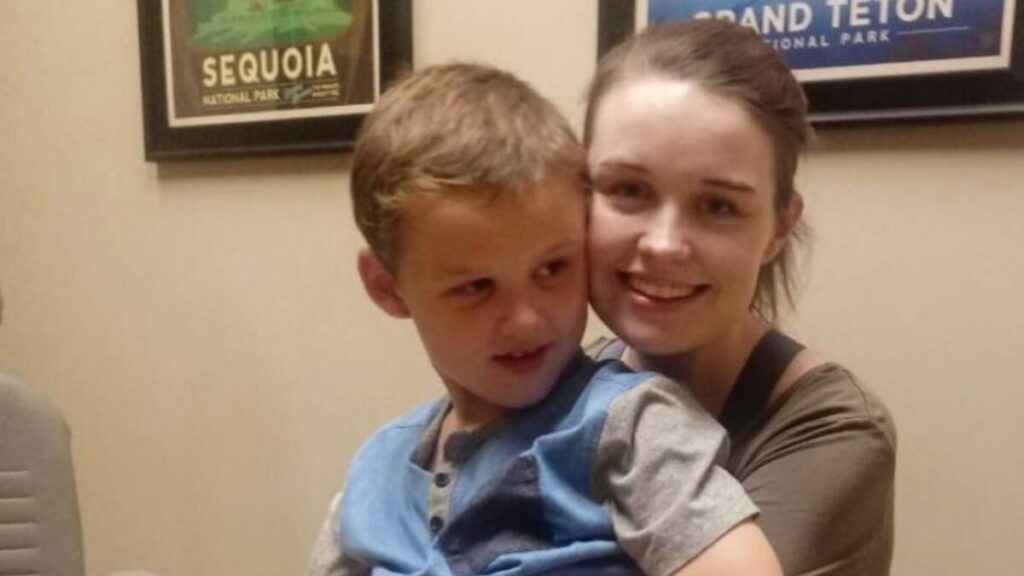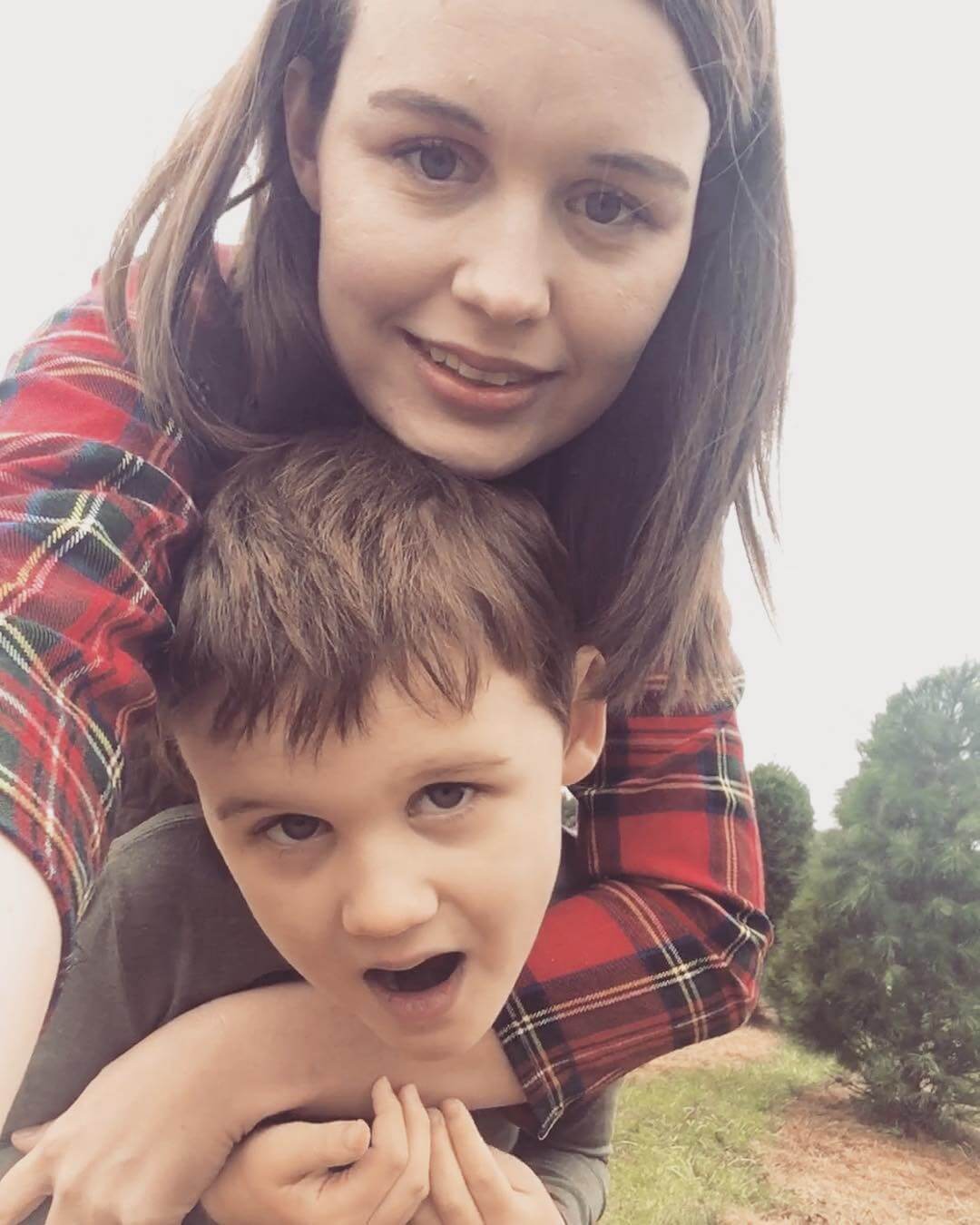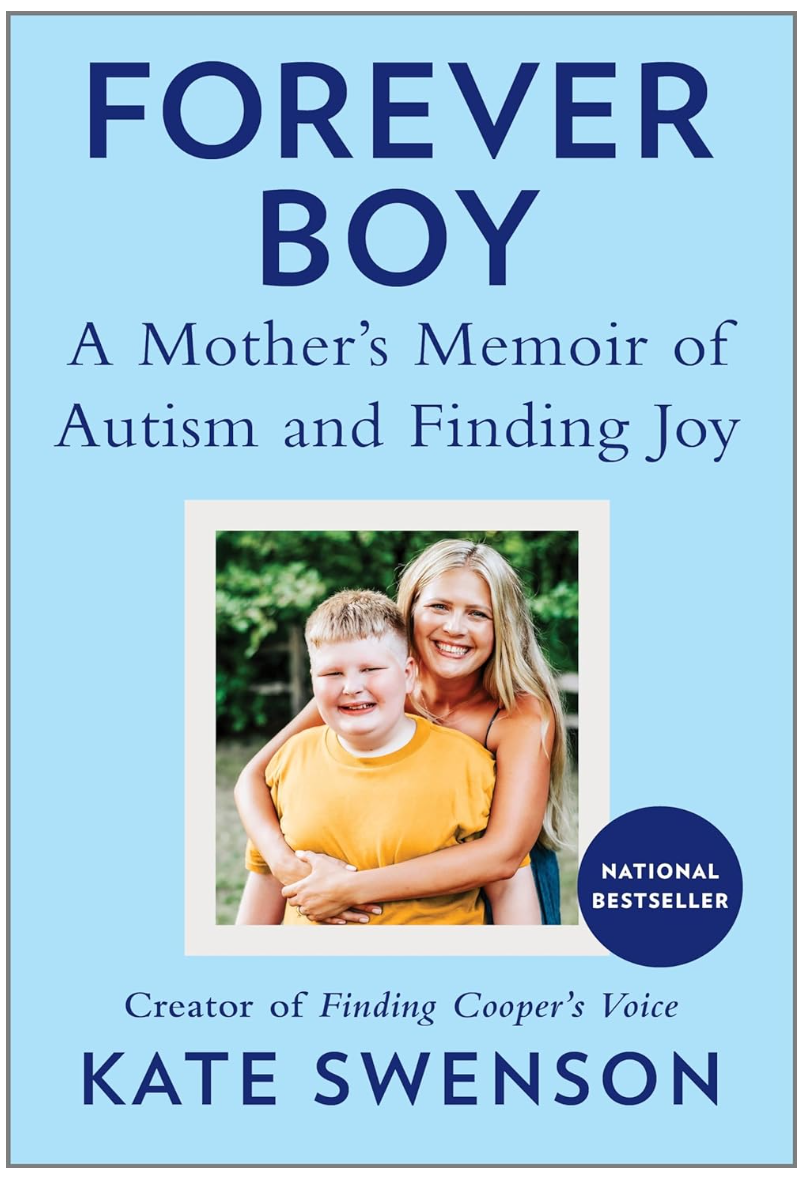We’re Still Blaming Mothers

In the 1950s, it was “refrigerator mother” syndrome. Autism, they said, was the result of a mother’s relational coolness. Today, it’s “toxic mother” syndrome. Autism, they say, is the result of a mother’s toxic burden.
I spoke with a homeopath over Skype this week. As I started to tell her a little about my eight-year-old son, who has nonverbal autism, she interrupted me.
“You’ve got a face full of acne, eh?”
I just stared at the computer screen.
“Eh?” she repeated, gesturing to her own face.
“Right,” I admitted.
“And fillings? Do you have mercury fillings?”
“Yes.”
“What about wi-fi?”
“Yes. We have wi-fi.”
She laughed. “You’re going to tell me your son is a non-responder when you’re still using wi-fi? And you’ve got a face full of acne and a mouth full of metal?”
I toggled the camera off.
“Where’d you go? I can’t see you, Heather!”
“Must’ve lost the video. Can you still hear me?”
Even with my video turned off, the memory of my face apparently haunted her. She continually referenced my acne and mercury fillings as indicators of my son’s poor health.

What is it about autism that makes society look at the mother? I’m not saying that children don’t inherit certain genetic susceptibilities from their parents. Obviously they do. I’m not even saying I don’t have some level of toxicity in my body. I’m sure I do. What I’m saying is that I’m tired of trying to get help for my son but continually being told that I am the problem. I’m calling you. I’m emailing you. I’m reaching out. I’m sorry I used wi-fi instead of carrier pigeon.
We steal a few minutes to research and write emails. We listen patiently while professionals list our parenting flaws, one by one, and recommend vitamins that cost hundreds of dollars per bottle. We look at our budgets to determine if the vitamins are more important than the trampoline we’d hoped might provide proprioceptive input. We weigh the value of each intervention, prioritize, and execute a plan.
Blame me if you want. Tell me about the toxic burden my child inherited from me. I can’t stop you from thinking that.
What I can do is fire you.
Free tip: Treat your clients a little less like spreadsheets and a little more like human beings. We are not test results on a color-coded sheet of paper.
We are each a signature masterpiece of a creative, living God.

Written by, Heather Cadenhead
Heather Cadenhead is a mom of boys, homeschool teacher, and autism advocate. She writes about nonverbal autism and homeschooling on Instagram.
Finding Cooper’s Voice is a safe, humorous, caring and honest place where you can celebrate the unique challenges of parenting a special needs child. Because you’re never alone in the struggles you face. And once you find your people, your allies, your village….all the challenges and struggles will seem just a little bit easier. Welcome to our journey. You can also follow us on Facebook, subscribe for exclusive videos, and subscribe to our newsletter.
Interested in writing for Finding Cooper’s Voice? LEARN MORE

